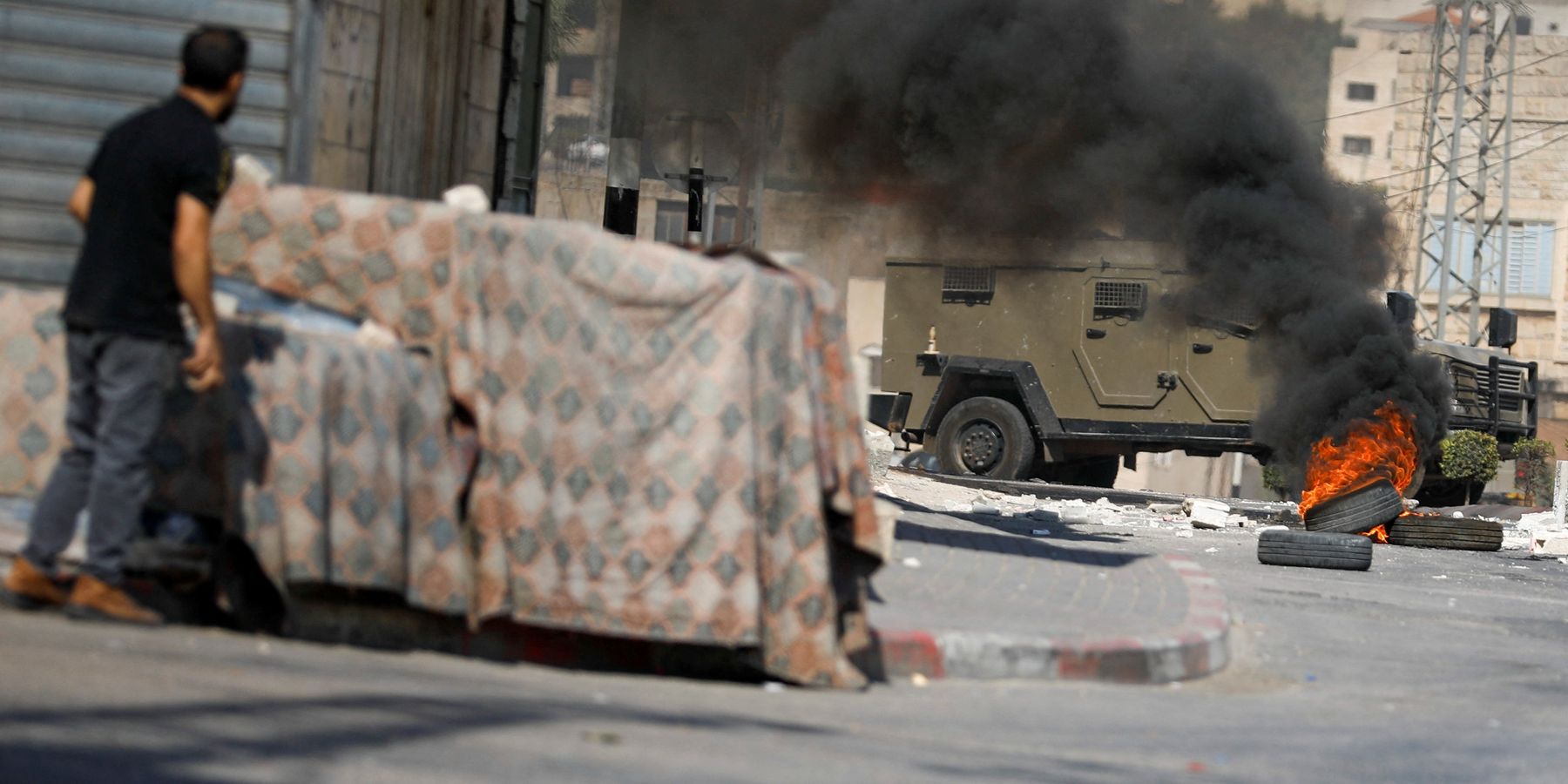President Trump paused most foreign aid programs in January but is now asking Congress to approve $1 billion worth of bombs and demolition equipment to Israel.
The administration has been adding exceptions to its foreign aid pause since announcing it, but it seems Israel’s aid was never in jeopardy, according to diplomatic cables.
The American taxpayer will pay for the $1 billion sale of the weapons as part of the $3.8. billion military aid package sent to Israel each year. In total, from Oct. 2023 to Oct. 2024, Israel received a record-breaking $17.9 billion worth of weapons, and President Biden announced plans to send an $8 billion arms package to the nation in January, but it has not yet been fully approved by Congress.
This new arms package comes as President Trump is set to meet with Israeli Prime Minister Benjamin Netanyahu on Tuesday. Trump also lifted the pause on the sale of 2,000-pound bombs to Israel in late January.
The weapons and equipment included in the most recent sale include 1,000-pound “general purpose” bombs and Caterpillar D9 armored bulldozers, which have historically been used to raze houses and other buildings in the West Bank as collective punishment, including as part of an ongoing operation in Jenin.
Trump’s decision to continue large-scale arms sales to Israel is shadowed by a fragile cease-fire in Gaza, and by reports that raised the death count in Gaza to at least 62,000.
- Poll: Americans want Ukraine talks, conditions on aid to Israel ›
- Foreign aid vote shows stark generational divide in GOP ›
- Trump floors supporters with US 'own' and 'rebuild' Gaza plan | Responsible Statecraft ›
















